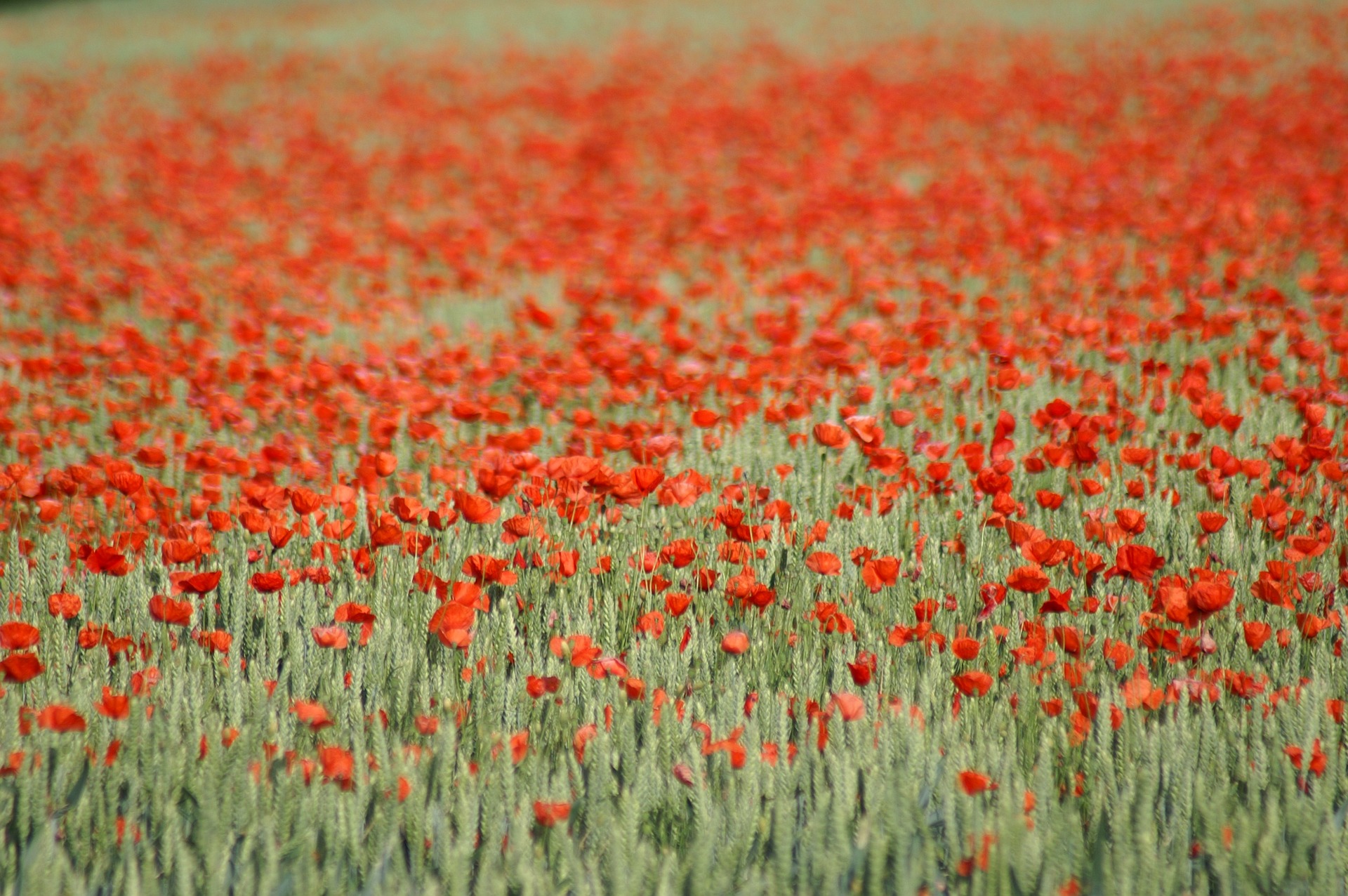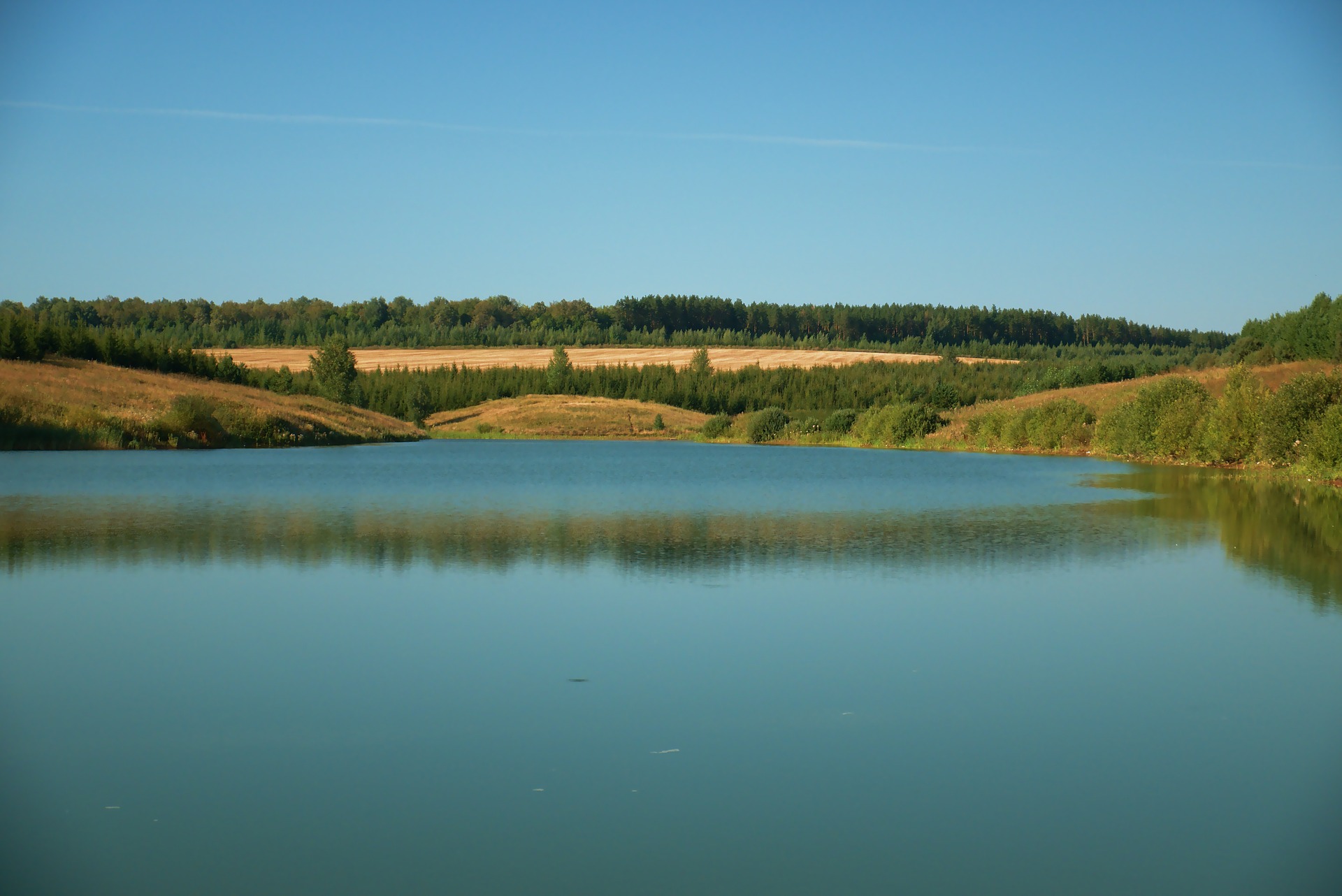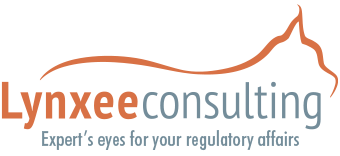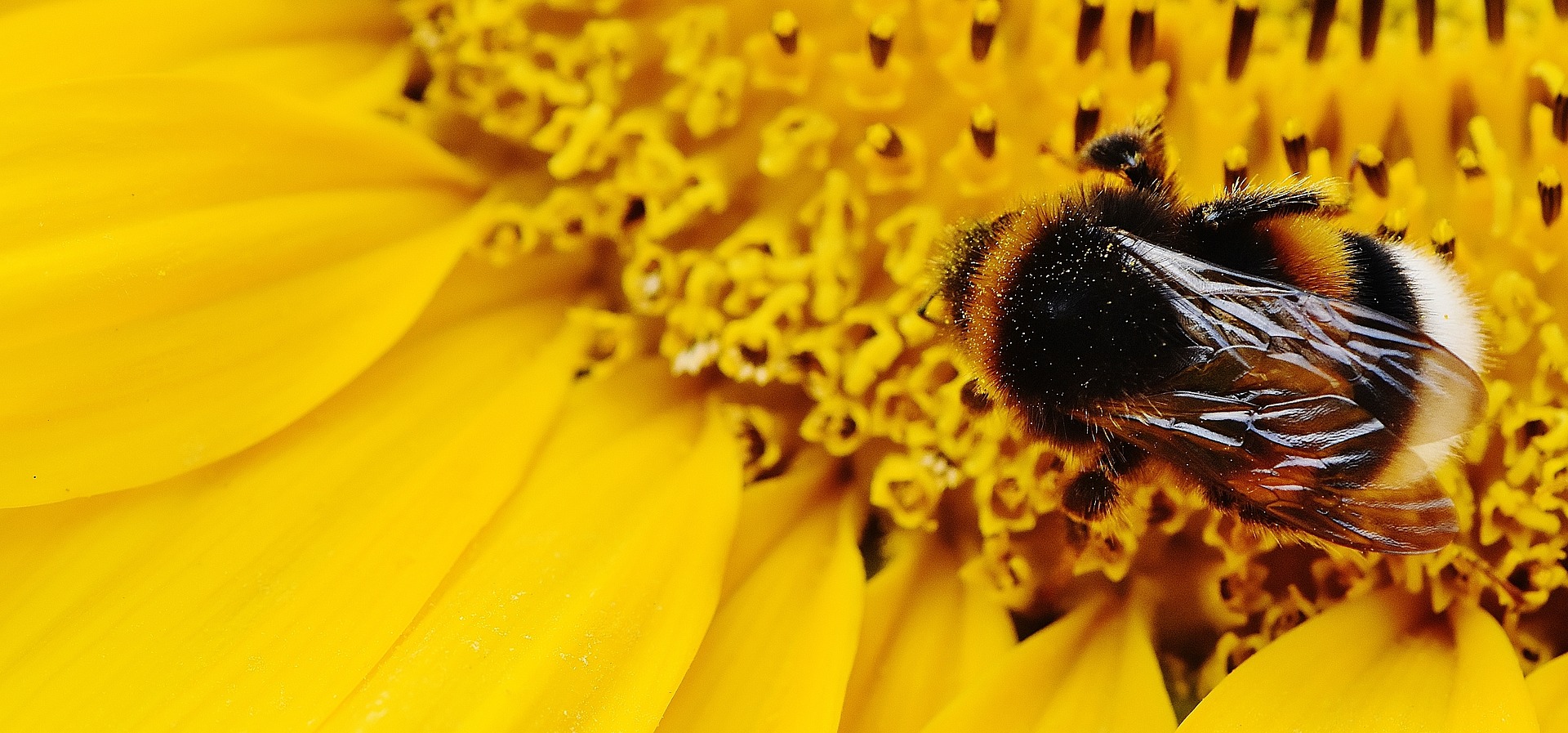
FRANCE: New website of a French think tank about resistance to Plant Protection Products (R4P)
24 May 2018
FRANCE: Update of the Appendix to the guidelines for the delivery of approvals by ANSES
31 May 2018The French Agency Anses published on May 30th the final opinion regarding risks and benefits for plant protection products containing neonicotinoids and their alternatives. The assessment was initiated in 2016 as part of the implementation of the Law for biodiversity regrowth, nature and landscapes. This Law sets a ban for products containing active substances from the neonicotinoids family and for seeds treated with these products from 1st September 2018, exemptions being possible until 1st July 2020 based on a comparative assessment performed by Anses of the benefits and risks linked to the uses of these products and of available substitution products and alternative strategies.
It is to be noted that restriction measures regarding the use of this insecticide family are also set at EU level. Indeed, the use of Imidacloprid, Clothianidin and Thiamethoxam has just been restricted to permanent greenhouses or to the treatment of seeds intended to be used only in permanent greenhouses by Regulations (EU) 2018/783, 2018/784 and 2018/785 published on May 30th. The resulting crop must stay within a permanent greenhouse during its entire life cycle. Member States shall amend or withdraw existing authorisations for products containing these active substances by 19 September 2018 at the latest, with a grace period, if any, expiring by 19 December 2018 at the latest.
Anses opinion is composed of 3 volumes:
– ldentification of alternatives to the authorised uses of neonicotinoids
Chemical and non-chemical alternatives were identified for most of the 130 authorised uses of neonicotinoids. In six cases, no alternative was identified.
Chemical alternatives rely on the same family of active substances, or on a single active substance active or a single marketed product.
In the current state of knowledge, the non-chemical methods appearing to be most suitable for immediately, effectively and sustainably replacing neonicotinoids are biological control, physical control by applying a protective layer (paraffin oil, clay, etc.) and mating disruption, when these methods are already available in France or easily transferable.
– ldentification of risk indicators for human health and for environment, including pollinators
Two risk indicators for human health (dietary and non-dietary exposure) and six risk indicators for environment (risks for birds, mammals, earthworms, aquatic organisms, bees and groundwater) were used but did not permit to globally and concisely conclude regarding substances with the least unfavourable risk profiles compared to that of neonicotinoids.
– Impact assessment of the ban of concerned PPPs on agricultural activity
Carrying out an assessment of the agricultural impact of the ban on neonicotinoids, aside from the fact that it does not address the environmental, health and social consequences for which there is no scientific consensus, raises a number of challenges that were not resolved, especially concerning the methodology, and data availability and reliability. The opportunities for alternative practices have yet to be confirmed and economical analysis methods devoted to the transformation and adaptation capacities of agricultural systems need to be developed.
To conclude, Anses remind that a combination of different methods is needed to fight efficiently against pests. The Agency warns about the fact that the ban on the use of substances belonging to the neonicotinoid family risks causing increased resistance to other insecticides, especially pyrethrinoids, if they are used as alternatives. According to Anses, it is currently difficult to predict the impact of this ban on agricultural activity. Anses recommend speeding up the implementation of effective alternative methods for crop protection and management that are safer for humans and the environment (chemical mediators, beneficial insects, etc.).
To download (in French):
See also our previous articles:
EUROPE: Neonicotinoids ban for outdoor uses
FRANCE: ANSES recommends strengthening the conditions of use of Neonicotinoids
Lynxee consulting’s team is at your disposal to answer your questions.
Contact us! http://lynxee.consulting/en/contact/
Photo credit: Alexas_Fotos/pixabay


